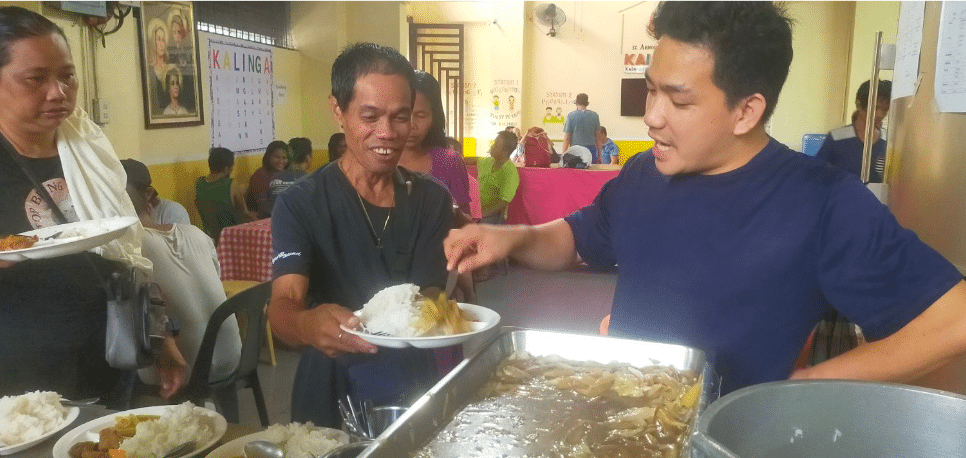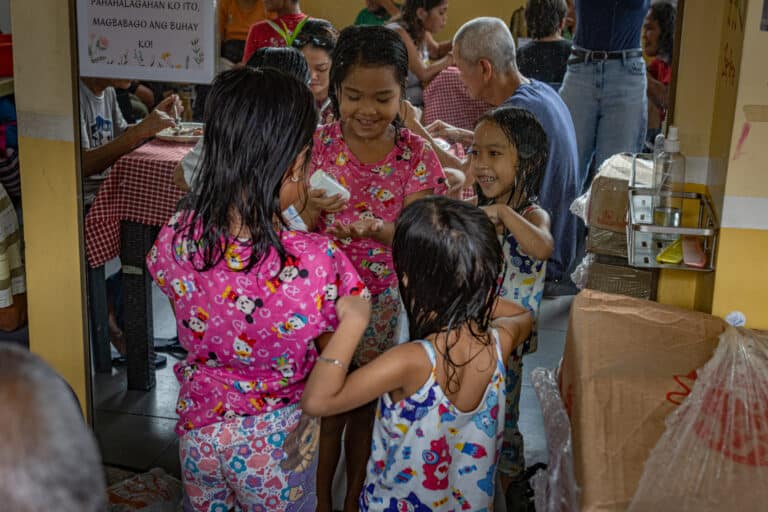By Br. Junmar Cris Caputolan
A study conducted by an institution heightened worries about the psychological health of the Filipino youth.
The youth of today are experiencing struggles with high levels of anxiety and recurring depressive states.
A deeper understanding of this phenomenon is a study that needs to be endeavored by the academe.
It suffices though to say that it is a problem faced by the society at large.
Time after time we hear reports from all over media outlets of a young man or woman suffering from severe depression.
We do not want to make sweeping statements as to the reasons why this phenomenon is occurring.
We can only think of and reflect about them.
I am presenting, in the most general manner, this condition of the modern youth one needs to know about.
This one side of the world also deserves attention.
The other side revolves around the homeless people we serve.
We see the homeless, the poorest among us, line up outside Kalinga Center to avail of the services offered.
We see them, rugged and dirty, and we reflect about their struggles for basic necessities yet rarely do we make sense of what gives them strength.
Setting apart the question of poverty, there are a lot of other factors to entertain as regards the reason of homelessness.

As spectators from afar, we normally process in and through our inquisitive minds whatever datum there is available.
When we draw ourselves closer to them we feel their dire need to fill in what is lacking and at the same time we feed our curiosity.
The moment we commence an intentional conversation with any of them, however, we do not only hear the struggles but intuit the strength that gives endurance.
I have heard from a lot of them the words, “sa Kanya ako kumukuha ng lakas”.
I am speaking about their willingness to entrust themselves.
Since the past two months, the foundation continuously receives youth (mostly students) to do volunteer work at the center.
What can the youth learn from the homeless?
Entrustment.
The strength that gives endurance is the ability to entrust.
Entrustment has an object and it is not the self.
Entrustment is to the “Other” and in the language of our faith, it is Jesus Christ.
The strength that gives endurance is the ability to entrust.
Entrustment has an object and it is not the self.
The youth are experiencing constant pressure, external and internal.
They do not have to renounce their concrete shelters and walk along the streets and avenues of the city to be able to entrust.
Immersing the self into the liveliness of the faith makes one’s living vibrant.
This vibrancy comes from encounter, an encounter with the divine.
Entrusting becomes an event in a person who believes, the ordinary entrustment the homeless do. ∎

